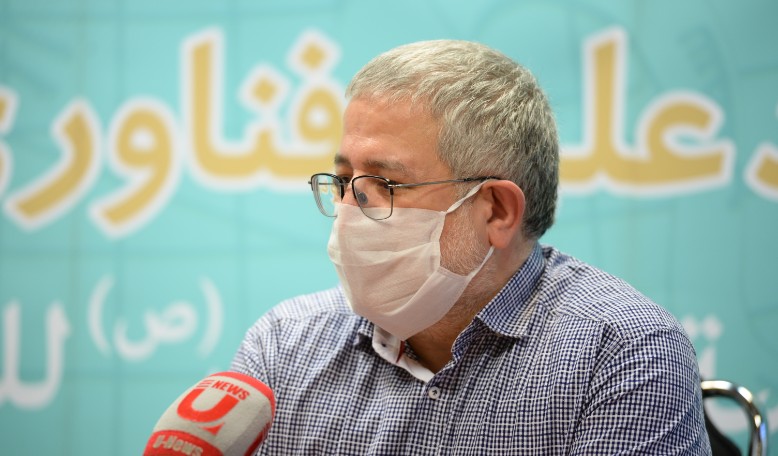AI-based COVID-19 detection system: New features to be added


Senior research and technology advisor of AI-Med research consortium, during the 2nd round of MSTF Science Promotion Meeting announced that they are adding novel features to the AI-based COVID-19 detection system which was revealed in February 2020.
MSTF Media reports:
Hamid R. Rabiee, professor at Sharif University of Technology and a member of the World Health Organization (WHO) AI committee, who, along with his team, has designed the AI-based COVID-19 detection system, stated that they have introduced this system to “Indonesia, India, and some African countries.”
“We have shared this technology with different countries; it is available online, on desktop, and integrated into PACS. We’ve had meetings with a number of countries, and the meetings are to be continued,” he added.
“Moreover, samples have been received from other countries and entered into the system,” he continued.
He announced that they are designing a network which “can predict to what extent a COVID-19 patient has the chance of recovery, is at the risk of death, and how long they might be hospitalized.”
“Other modes of data are being added into our new system, other than CT scan,” he added.
Rabiee stressed that AI-Med system facilitates the process of diagnosis during the peak time of pandemic.
“It is integrated with hospitals’ PACS. Different universities helped the introduction of this system into the hospitals,” he continued.
He asserted that not only is this system specific and sensitive, but also it can detect the amount of infected area and its results are interpretable. Moreover, the system updates itself according to the dynamic behavior of this virus.
Rabiee further hinted at the integral role of culture making regarding the acceptance of this system everywhere for COVID-19 detection. “There is clinical evidence that this system prepares the results more quickly, in addition to being cost-effective, sensitive, and specific,” he remarked.